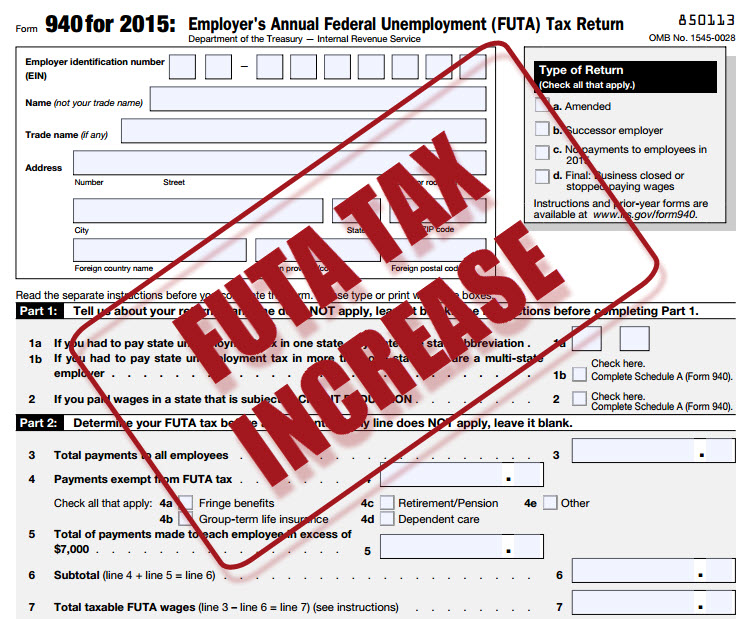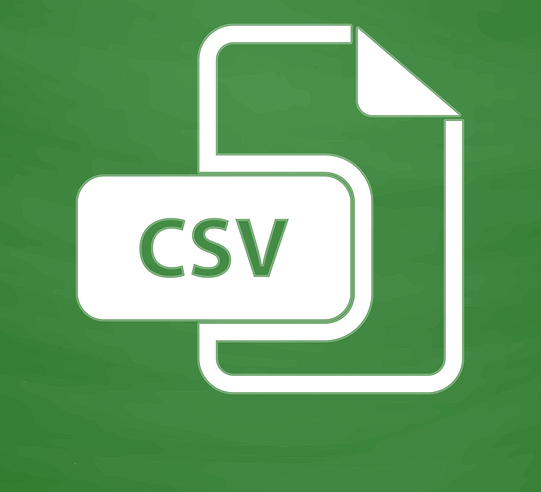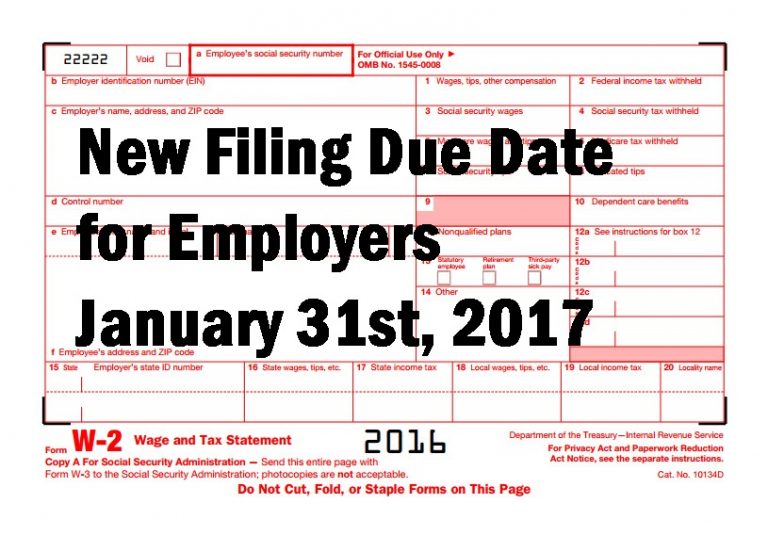Under the provisions of the American Federal Unemployment Tax Act (FUTA), a Federal tax is levied on employers covered by the Unemployment Insurance program at a current rate of 6.0% on wages up to $7,000 a year paid to a worker. The law, however, provides a credit against federal tax liability of up to 5.4% to employers who pay state taxes timely under an approved state UI program. Accordingly, in states meeting the specified requirements, employers pay an effective Federal tax of 0.6%, or a maximum of $42 per covered worker, per year. The credit against the Federal tax may…
Whether you are in a state that has already legalized the use of marijuana (medical or recreational), or you are just waking up to your state passing the legalization last night, you need to consider its impact on your workplace. How does legalized marijuana use come into play in regards to your Zero Tolerance/Drug Free Workplace policy? Are you required to accommodate the use of medical marijuana during an employee’s shift? Does language in your employee handbook conflict with your state’s laws? These are just a few of the questions a business needs to take into serious consideration. For example, some…
On October 6th, the Florida Office of Insurance Regulation issued a final order approving a 14.5% increase to its workers’ compensation insurance rates. This increase apples to both new and renewed policies effective in Florida as of December 1st, 2016. On the bright side, this is better news than the proposed increase by the National Council on Compensation Insurance (NCCI) of 19.6%. The underlying reason for the majority of this increase is due to a Florida Supreme Court ruling this past April (Castellanos v. Next Door Company) which found the mandatory attorney fee schedule per the Florida Statutes being unconstitutional as a…
A question that I am frequently asked after a hurricane strikes is “Do I have to pay my employees for times that my business is closed during and after the storm?” The answer is a resounding “maybe”. It all depends upon the classification of employee (and company policy), and we can break it down into two distinct categories; Hourly and Salaried. Let’s look at the hourly employee first. An employee who is paid based on the hours they work would not be entitled to any legally mandated pay for time they are not working. Some states require that if an employee…
It is estimated that 41 million workers do not receive paid sick leave, but that number is going to steadily drop. This past month the President has signed into effect an Executive Order (EO 13706) that establishes paid sick leave for federal contractors. Work performed by parties that contract with the Federal Government will now be required to provide their employees with at least 7 days of paid sick leave on an annual basis. The employee will receive 1 hour of leave for every 30 hours worked, which can be used for: their own illness, injury, or medical condition; the…
A CSV file is a text file that uses commas to separate values into columns. This data format has been around for along time and is extremely easy to use, but is also widely misunderstood. With such a simple definition you might be wondering why I’m writing this article. That, or you’re one of the people I work with on a daily basis who are utterly confused when I suggest that a CSV file is anything other than a Microsoft Excel file. Before I go any further, let’s look at some content that would be typical of a CSV file: The…
Same Day ACH becomes effective on Friday, September 23rd, 2016, and one of its primary uses will be for the Direct Deposit of payroll transactions. Rather than the 1-2 day window for current ACH, payments will settle the same day for Same Day ACH. Employers should understand how they can effectively use this for those same day deposit needs. The nation’s 12,000 financial institutions will be implementing Same Day ACH, although some institutions may take longer than the end of business day to credit some employees’ accounts. By March 2018, all financial institutions will credit Same Day ACH deposits to…
One of the items passed in The Protecting Americans from Tax Hikes (PATH) Act of 2015, which was signed into law by President Obama on December 18th, 2015, was an effort to prevent tax return fraud. The Act accelerated the filing deadline for businesses for year-end informational returns such as forms W-2 and 1099-MISC* by 60 days to January 31st of the year following the tax year of the form. This makes the SSA and IRS filing deadline of their respective forms the same as the deadline for their distribution to employees and contractors. This new deadline of January 31st…
A biometric recognition timeclock is a great way to assure that the employee who is ‘on the clock’ is actually the one on-site and performing work, as it utilizes a part of the person’s body as their verification. In mainstream practice, I find two main types of biometric clocks; hand recognition and fingerprint recognition. In this article, I will discuss a few pros and cons, and how reliable they are in making a positive id. First up is hand recognition. The device is the HandPunch clock which reads the unique geometry of each person’s hand. Contrary to popular belief, it…
The death of an employee is a difficult time for any business. Grieving co-workers, loss of productivity, and finding and training a replacement are just a few of the factors a business will need to deal with, but one area that is often mishandled is the treatment of wages and payroll. How payroll is handled is all about timing, and I can break it down into three distinct parts. Part 1 – Wages earned and paid prior to the death For wages paid to the employee prior to the death, where the payroll check remains uncashed, a stop payment should…










